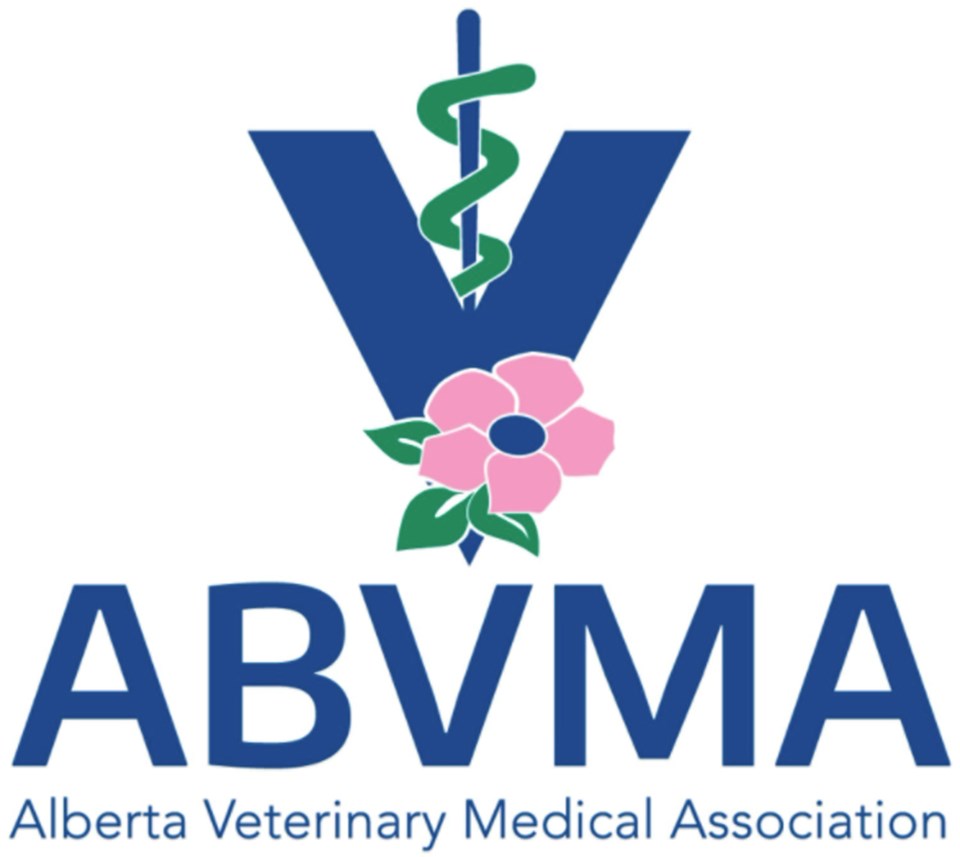BARRHEAD - Prior to becoming the registrar of the Alberta Veterinary Medical Association (ABVMA), Darrell Dalton worked as an equine veterinarian for nearly three decades.
He can testify firsthand about the rewards of working in a rural area, noting somewhat jokingly that a veterinarian is basically on the same level as a local mayor — after all, when it’s 2 a.m. and you’re calving, who would you rather see more, your mayor or your vet?
Sadly, while there is a worsening shortage of veterinarians across the globe, the effects of that shortage are particularly pronounced in rural areas such as northern Alberta, which poses challenges for the agriculture industry.
Dalton says the problem boils down to the fact that there are more veterinarians retiring than there are new ones graduating from schools, of which there simply aren’t enough of.
Part of the problem can be chalked up to politics. Prior to 2017 the Alberta government had a long-running partnership with the Western College of Veterinary Medicine (WCVM) in Saskatoon, providing more than $8 million per year in order to guarantee 20 seats for Alberta students.
In 2017, however, the NDP government opted to end that partnership and instead divert money to the University of Calgary Veterinary Medicine program, which hasn’t netted any increase in vets.
It would also help if there were more schools as Dalton suggested B.C. would be the perfect location for another, but that would likely require the political will to construct another such college.
However, it should be stressed that the problem is truly international in scope. Dalton said it is difficult to recruit vets from other countries because jobs are plentiful — the unemployment rate among veterinarians in Europe was one per cent in 2018— and international recruits are more inclined to stay in their home countries.
And of course, the problem is exacerbated in a rural setting because most of the people entering the profession hail from urban communities and want to work in that environment. As well, the tendency is for vets to train for working with small animals versus livestock.
Dr. Collin Lawrence of the Westlock Veterinary Clinic says that the problem is not too bad in Westlock or Barrhead, but the further you get away from Calgary or Edmonton, the shortage becomes particularly pronounced.
He pointed out that there are a number of challenges in bringing a vet out to a rural area. With the level of care people now expect for their animals, Lawrence said many don’t want to go out to a rural area and “hang up a shingle,” so to speak, as setting up their own practice would require considerable money and expertise.
And while there are many good things to say about the profession, Lawrence admits not everyone can cope with the long hours and night-time driving required say during calving season.
Last October, Lawrence was called on to write a letter in support of a possible scholarship that was being considered by Veterinary Services Incorporated (VSI). This scholarship would be offered to veterinary students in exchange for a certain period of service.
Lawrence readily admits he doesn’t have all the answers to the shortage, but knows that "what we’ve been doing for the last 50 years not been working."


